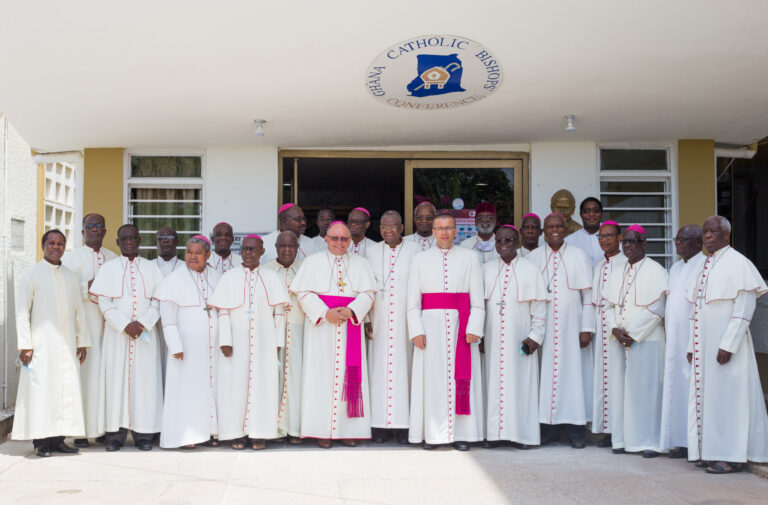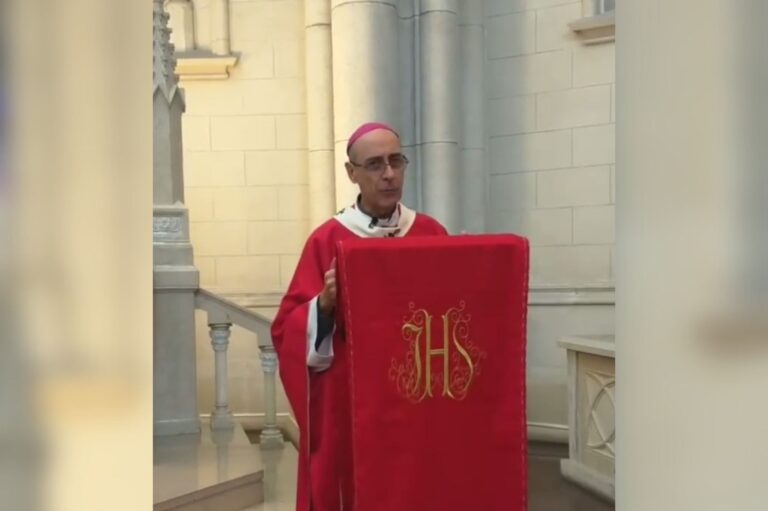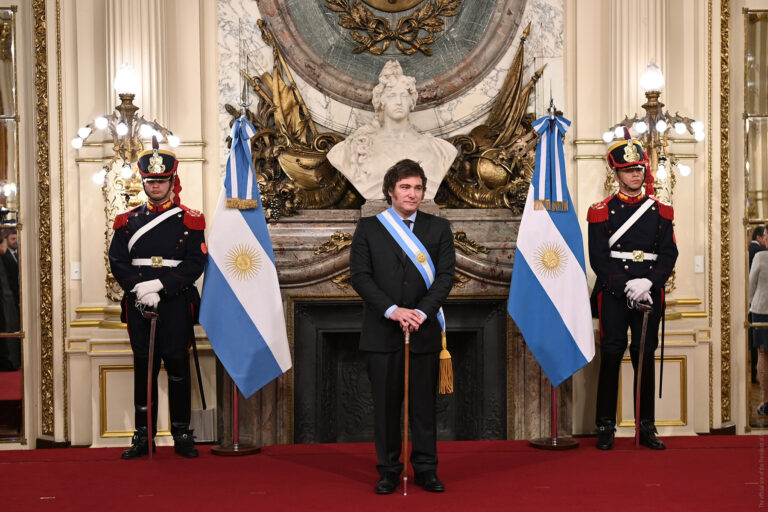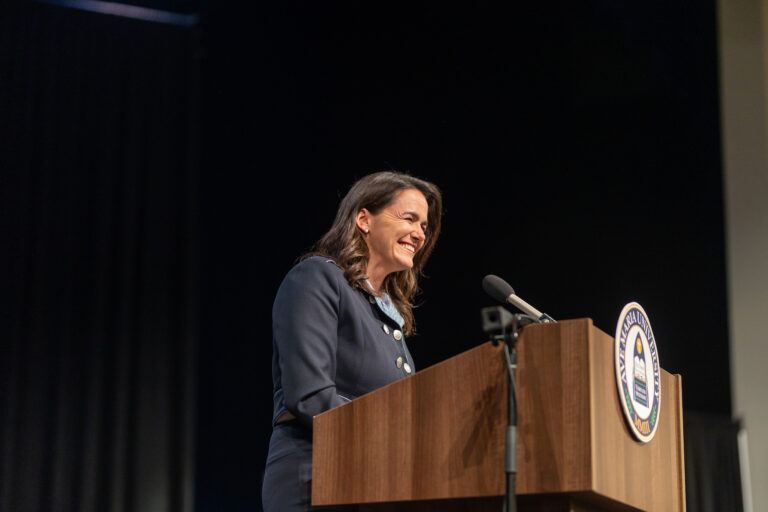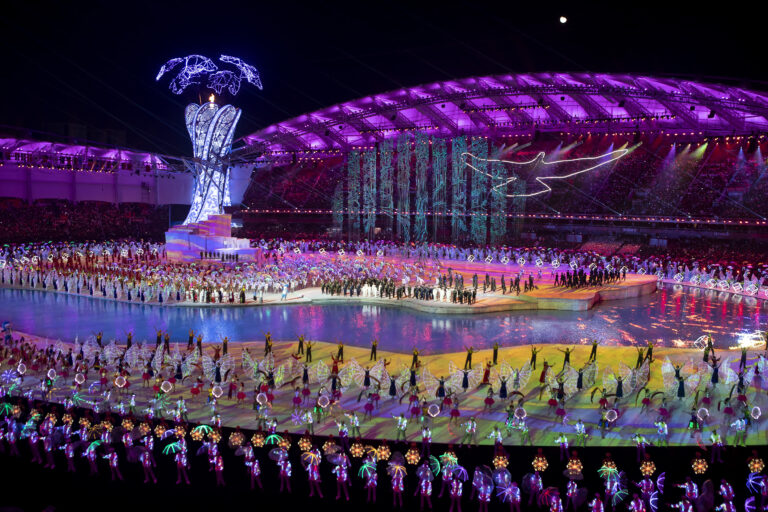The Council Chamber of the Palais des Nations provided the international setting for an award ceremony conducted by the United Nations Population Fund (UNFPA). Center stage, as a reward recipient, was President Hosni Mubarak of Egypt, host to the upcoming International Conference on Population and Development in Cairo, 5–13 September 1994.
U.N. Secretary General Boutros Boutros-Ghali presented President Mubarak with the 1994 United Nations Population Award for “his national and international leadership in population issues.” The Secretary General remarked on President Mubarak’s creation of a National Population Council in Egypt as well as a Ministry for Population and Family Welfare. Mubarak also introduced fertility control into the country’s five-year plans and expanded compulsory education for girls. The President accepted the UNFPA award as a “recognition of Egypt’s success in confronting population problems and their negative impact on economic and social development” (ICPD 94 Newsletter, no. 17, July 1994, 3).
The Egyptian government’s approach to “population problems” is through direct intervention to “reduc[e] fertility, increase emigration and adjust patterns of spatial distribution.” The target is reduction of the population growth rate (presently 2.2) to 1.0–1.3 by the year 2000. As of 1983, the government’s family planning program was integrated into 3,200 Ministry of Health Clinics throughout the country. Families who comply with official population policies are rewarded through improved educational and cultural services (Population Policies, vol. l).
The United Nations Population Fund cumulative investment in the Egyptian population program is $33,362,271 through 1994. The World Health Organization contributed $2.9 million (1972–1992) for “social science research on reproductive health, long-acting systemic agents for fertility regulation, and research in post-marketing surveillance of NORPLANT.”
Bilateral agency assistance for population efforts in Egypt is offered by: the Government of Germany; the Japanese International Cooperation Agency; the U.S. Agency for International Development (USAID); and the U.S. Department of Commerce, Department of the Census. Regional organization assistance is received from the Commission of the European Communities.
Nongovernmental organizations carrying out programs at the community level are: USAID-funded groups, such as, the Association for Voluntary Surgical Contraception (AVSC, recently changed their name to Association for Voluntary Safe Contraception); the Centre for Development and Population Activities; Family Health International, International Planned Parenthood Federation, Johns Hopkins Program for International Education in Reproductive Health, the Johns Hopkins University Population Communication Services, Pathfinder International, the Population Council, Program for Appropriate Technology in Health, John Snow, Inc., and Ronco Consulting Corporation.
Other population control organizations present are Church World Service, the Ford Foundation, Marie Slopes International, the Rockefeller Foundation and Save the Children Fund (Inventory of Population Projects…1994, UNFPA).




